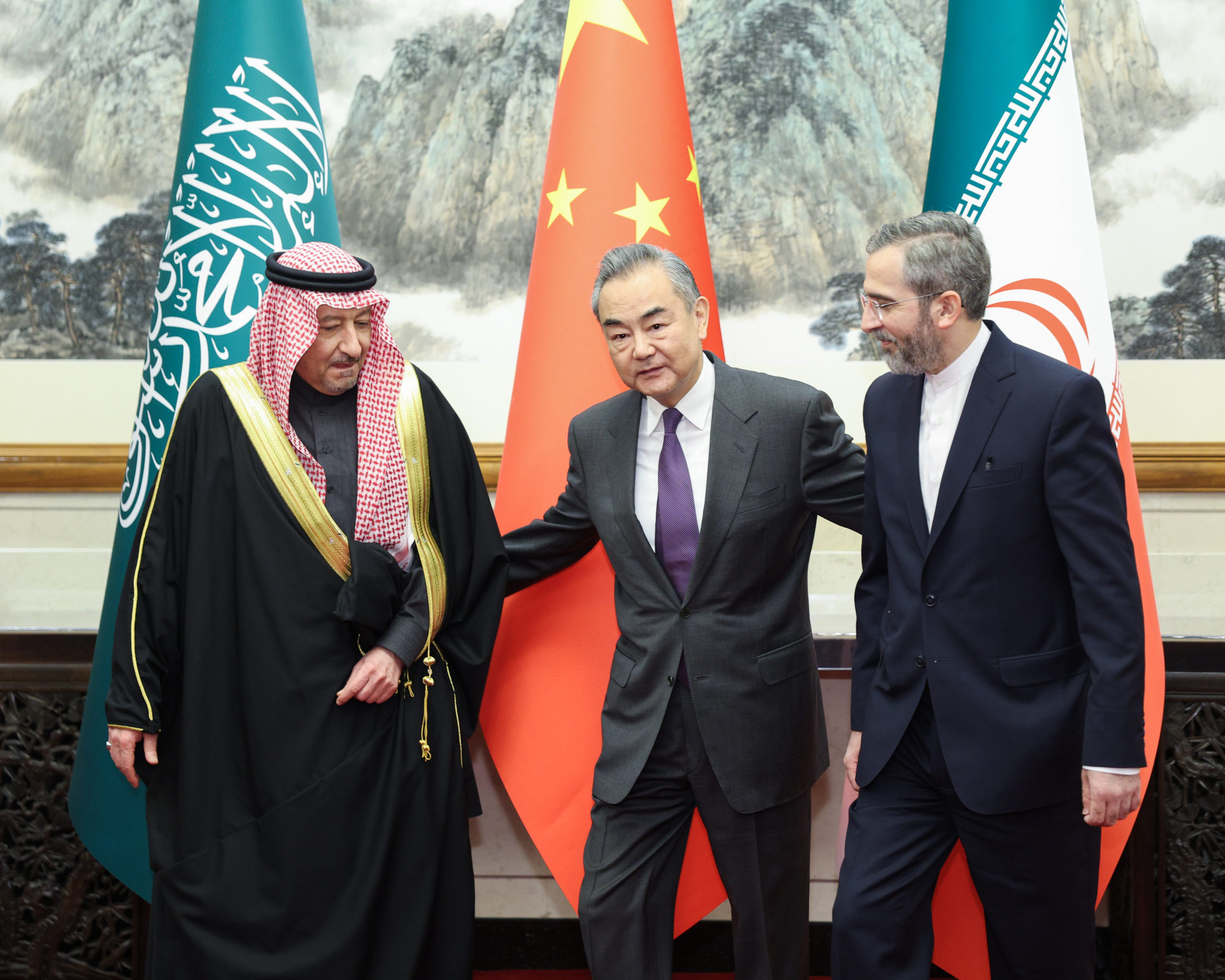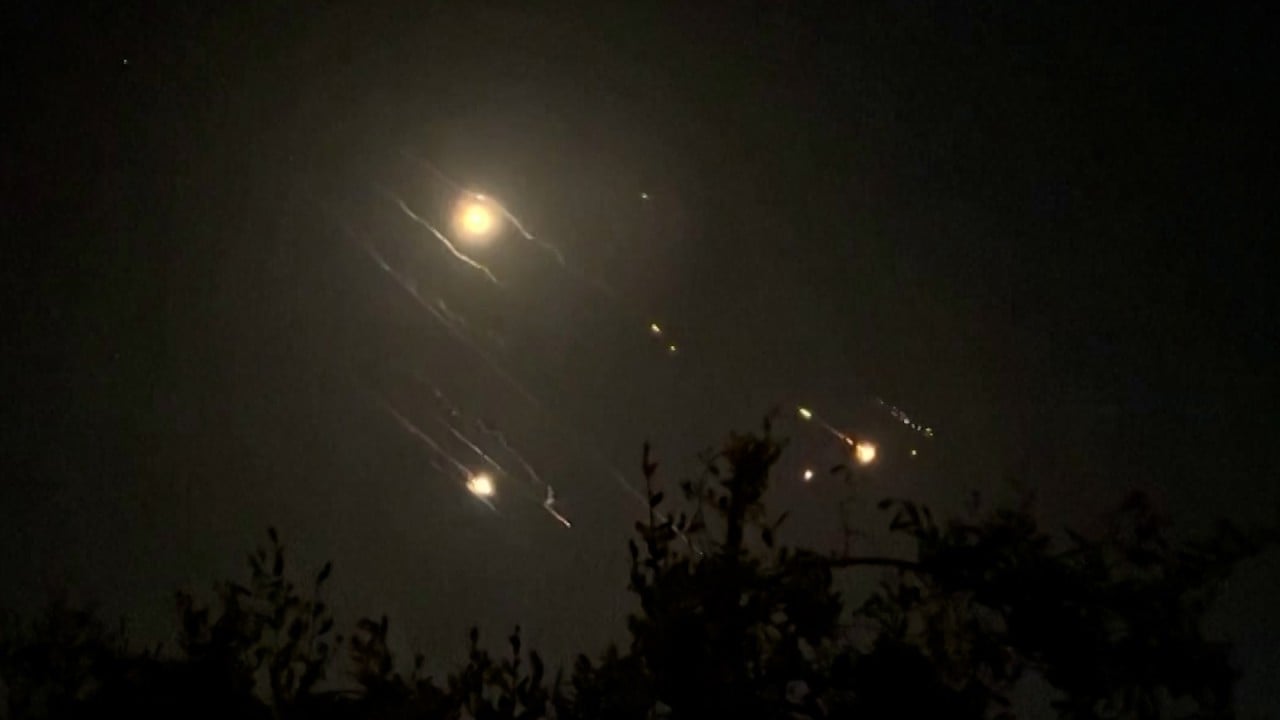Why China ties will hold firm under Iran’s new reformist president
According to the Chinese foreign ministry, Xi said he attached great importance to the development of bilateral relations and was willing to work with Pezeshkian to “guide the deepening of the comprehensive strategic partnership”.
“In the face of the complex regional and international landscapes, China and Iran have always supported each other … and maintained sound communication and coordination on regional and international affairs.
“It has not only benefited the two peoples but also made positive contributions to promoting regional and world peace and stability,” Xi was quoted as saying.
The presidency of Pezeshkian, who has called for “constructive relations” with the West, is expected to be marked by a shift to a more liberal, pro-Western stance, in contrast to the hawkish US policy of his hardline predecessor.
However, Tehran’s China policy is unlikely to change, according to Fan Hongda, a professor at the Shanghai International Studies University’s Middle East Studies Institute.
The Islamic Revolutionary Guard Corps, the main force of the Iranian military, also had more of a say in the matter, and just a political spectrum change with regard to the president’s office would not have a significant impact, Fan said.
A balancing act from Tehran was more likely, he suggested. “Under the leadership of the new government, Tehran may conduct balancing acts in great power diplomacy, it will not alienate Russia and China despite seeking closer ties with the United States,” Fan said.
According to Iranian state media, Pezeshkian will be sworn in before parliament early next month as Iran’s ninth president.
China helped Iran to avoid large-scale isolation in the face of US sanctions during Raisi’s four years of hardline rule.
“Even if Iran seeks warmer relations with the US and the West, ‘looking eastward’ will still be an important part of its multilateral diplomacy strategy. Tehran will simply not give up on China,” Fan said.
Iran on Monday pledged to continue to deepen relations with China.
Commenting on the future of ties with China following Pezeshkian’s victory, Iran’s foreign ministry spokesman said: “China is one of the most important and influential countries. Our relations with China will continue normally.
“Iran’s relations with friendly countries are based on … comprehensive and stable policies … [and] will be strengthened and consolidated by focusing on common interests.”
China has been Iran’s biggest trading partner for more than a decade, a relationship largely driven by oil – a revenue lifeline for Tehran – especially after it was severely sanctioned by the West.

Wang Jin, an associate professor at the Institute of Middle East Studies at China’s Northwest University, said economic cooperation with China would still take precedence during Pezeshkian’s presidency.
Developing “friendly economic relations with China is still a major option [for Tehran]” he said, citing the US sanctions and wider Western restrictions on exports.
Wang said although Pezeshkian was likely to pursue friendly relations with the West, Iran’s conservative-leaning parliament and uncertain US policy towards Tehran meant cooperation with China would still be an “important and realistic” part of his foreign policy.
But Pezeshkian has been critical of Beijing in the past, such as during his election campaign, when he highlighted Beijing’s reluctance to implement a landmark 25-year cooperation deal signed in 2021.
The agreement, which has yet to be publicised, reportedly includes a promise of more than US$400 billion in Chinese investment in return for a steady and discounted oil supply from Iran, according to The New York Times. But implementation has largely stalled.
In a presidential debate on Monday, Pezeshkian suggested that China was not investing because Iran continued to be on the global blacklist of the Financial Action Task Force, arguing that Tehran should avoid economic or political isolation.
Fan in Shanghai said the agreement had been criticised a lot and become a “central debate for China-Iranian relations”, and there was little hope of it being implemented during Pezeshkian’s four-year term.
“The implementation of the 25-year cooperation agreement has been an old and much-criticised issue. This is not a new topic in Iran … The official publicity in both countries has a relatively high tone, but the reality does not seem to be too favourable.”
